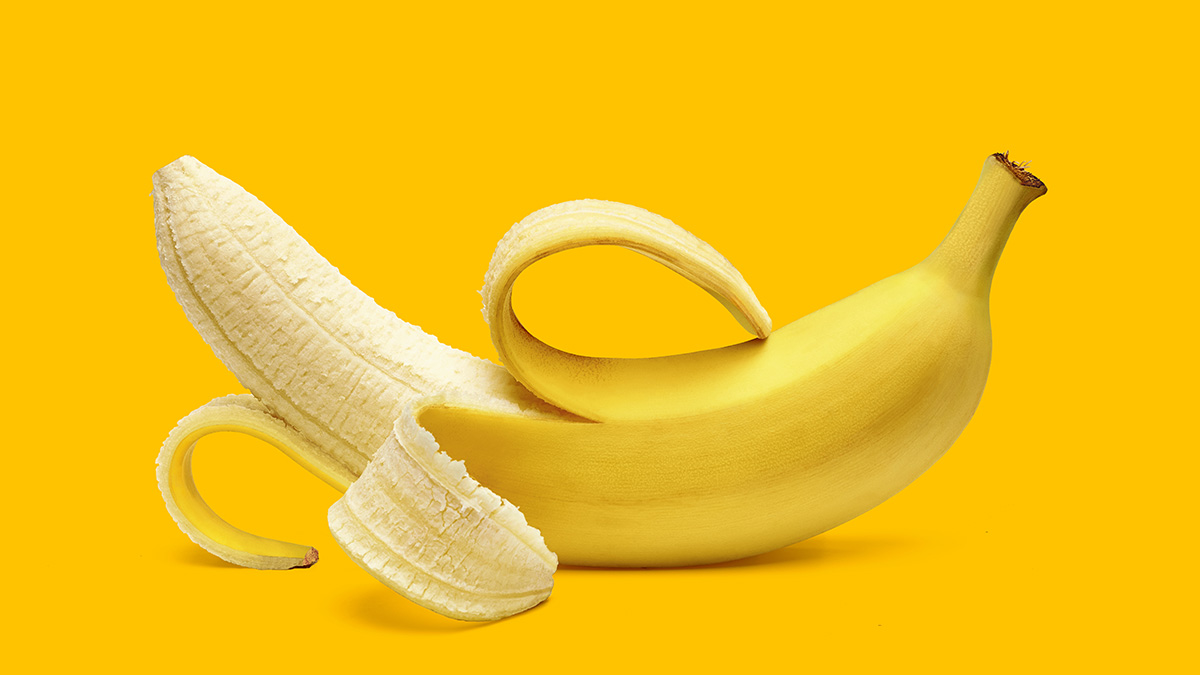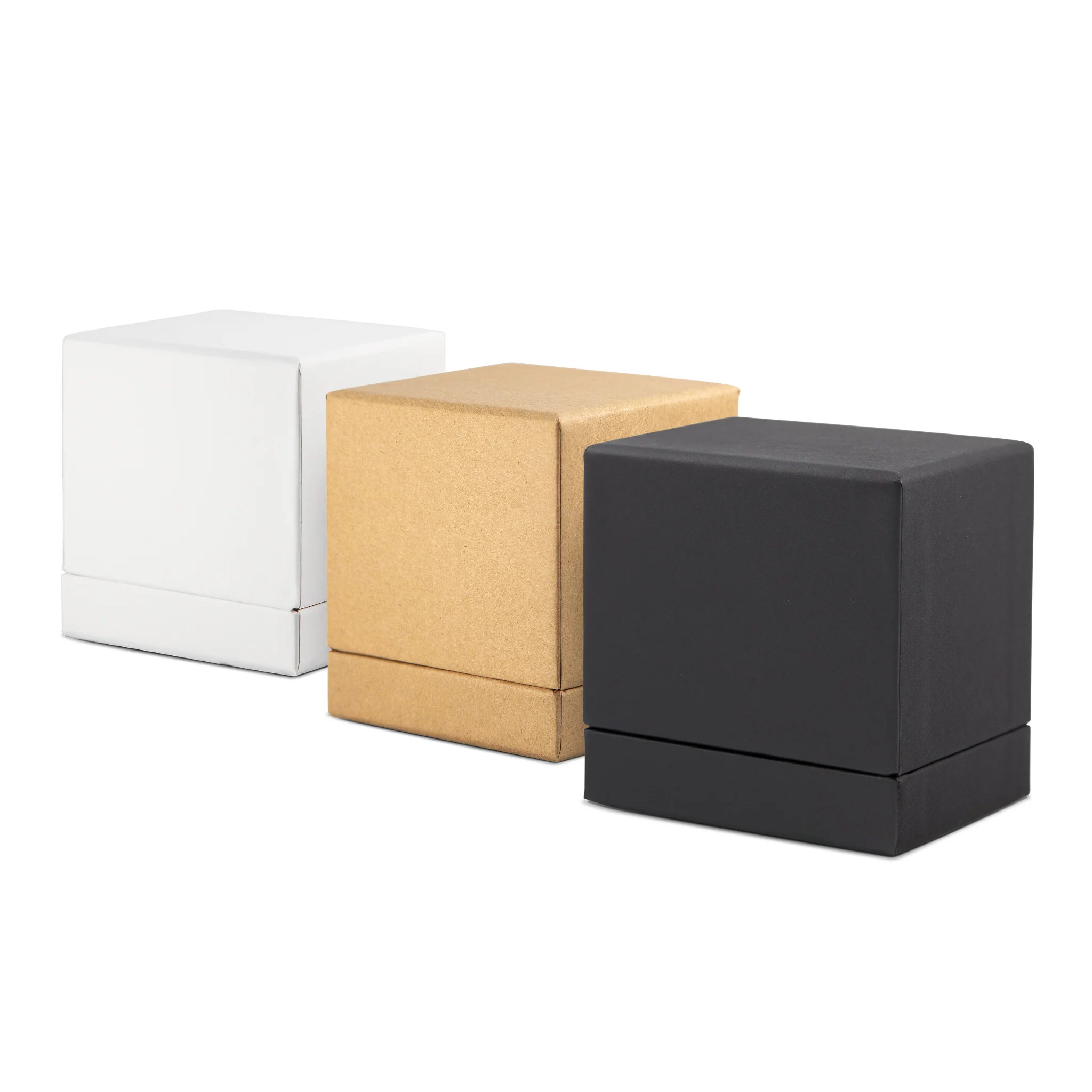Imagine landing back in the U.S. after a long international flight, ready to clear customs and head home. But instead of a smooth exit, you’re stopped by a customs officer, fined $500, and possibly even lose your Global Entry status—all because of a banana.
Sounds extreme? Unfortunately, this is a real and surprisingly common issue at U.S. Customs and Border Protection (CBP). Even an innocent mistake, like forgetting a piece of fruit in your carry-on, can result in hefty fines and travel consequences.
Here’s what happened, why the fine was issued, and how travelers can avoid making the same costly mistake.
What Happened? The Costly Mistake at Customs
A traveler returning to the United States went through the standard customs process but forgot to declare a banana in their bag. This banana was likely handed out on their international flight as an in-flight snack, but it still needed to be declared upon arrival.
When CBP officers discovered the undeclared fruit during a routine baggage inspection, the traveler was immediately fined $500 for failing to declare agricultural goods.
To make matters worse, their Global Entry status—which allows pre-approved travelers to pass through customs faster—was revoked.
While this may seem like a harsh punishment for a single piece of fruit, it aligns with CBP’s strict policies aimed at protecting U.S. agriculture and ecosystems.
Why Is a Banana Such a Big Deal?
Bringing fresh fruits, vegetables, and other agricultural items into the U.S. is highly regulated because they can carry pests, bacteria, and diseases that could harm American farms and ecosystems.
Even a seemingly harmless banana can introduce:
✅ Fruit flies that lay eggs in crops
✅ Fungal spores that spread plant disease
✅ Harmful bacteria that could impact domestic agriculture
For this reason, the U.S. Department of Agriculture (USDA) and CBP enforce strict biosecurity measures at all ports of entry.
What If the Banana Came from an Airline?
Many travelers assume that if they received the fruit on a flight, it must be safe to bring through customs. This is a dangerous misconception.
- Airline food, including fresh fruit, is often sourced from foreign suppliers and is subject to U.S. customs rules.
- Some items may be allowed, but they must still be declared for CBP inspection.
- A banana from another country is not automatically exempt from agricultural laws.
Even if you don’t intend to bring food into the country, forgetting to declare it is a violation.
Why Did the Traveler Get a $500 Fine?
The $500 penalty is a standard CBP fine for failure to declare agricultural items.
CBP relies on a zero-tolerance policy when it comes to biosecurity. Even accidental mistakes, like forgetting a banana in your bag, can lead to an immediate fine.
🔴 Why does CBP enforce such strict rules?
- To prevent outbreaks of foreign plant diseases.
- To protect U.S. farms from invasive pests.
- To ensure compliance with international regulations.
A failure to declare any restricted agricultural product—whether intentional or not—can lead to severe consequences.
Why Did the Traveler Lose Their Global Entry Status?
Losing Global Entry over a banana might sound extreme, but it aligns with CBP’s Trusted Traveler Program policies.
What Is Global Entry?
Global Entry is a CBP program that allows pre-approved travelers to bypass long customs lines and use automated kiosks for faster re-entry into the U.S.
Why Was It Revoked?
Honesty is a core requirement of the Global Entry program. Since members are trusted to follow all customs laws, even a small violation—like forgetting to declare a banana—can result in immediate removal from the program.
How Long Is the Ban?
Once revoked, a traveler must wait at least five years before reapplying for Global Entry. Even after five years, CBP may still deny re-entry into the program due to past violations.
Can the Traveler Appeal the Fine or Revocation?
If you ever find yourself in a similar situation, here’s what you can do:
1. Challenging the Fine
CBP allows appeals, but overturning a fine is rare unless there was a clear misunderstanding (e.g., the item was mistakenly classified).
- Appeals must be submitted in writing to CBP.
- You must provide evidence supporting your case.
- Most appeals are denied unless CBP made an error.
2. Restoring Global Entry
Appealing the Global Entry revocation is difficult. You can:
- Submit a review request to the Trusted Traveler Ombudsman.
- Explain your case and request reconsideration.
- However, CBP rarely reinstates Global Entry after a violation.
Most travelers find it easier to accept the penalty and be more cautious in the future.
How to Avoid This Costly Mistake
If you don’t want to lose $500 and your Global Entry status over a banana, follow these travel tips:
✅ 1. Always Declare Food Items
Even if you think it’s safe, declare it anyway. CBP will decide if it’s allowed. Declaring food does not automatically result in a fine—hiding it does.
✅ 2. Eat or Dispose of Airline Snacks Before Landing
If your airline gives you fruit, eat it before arrival or throw it away in a designated customs bin. Do not keep it in your bag.
✅ 3. Know CBP Rules Before You Travel
Certain food items, including some packaged goods, must be declared. Check CBP’s official guidelines before your flight.
✅ 4. Do a Final Bag Check Before Landing
It’s easy to forget a snack tucked in a pocket or bag. Before filling out your customs form, double-check your carry-on for any leftover food.
✅ 5. Don’t Assume Packaging Makes It Safe
Even sealed or prepackaged food must be declared. CBP will determine whether it can enter the U.S.
Final Thoughts: A Costly Lesson in Travel Regulations
This story serves as a cautionary tale for international travelers. Even something as small as a banana can lead to serious financial penalties and long-term consequences for frequent fliers.
To avoid this costly mistake:
🚫 Never assume food is safe to bring in.
✅ Always declare agricultural items.
🛑 Double-check your bags before landing.
Next time you travel internationally, be extra cautious. That free banana could end up being the most expensive fruit you’ve ever had.










